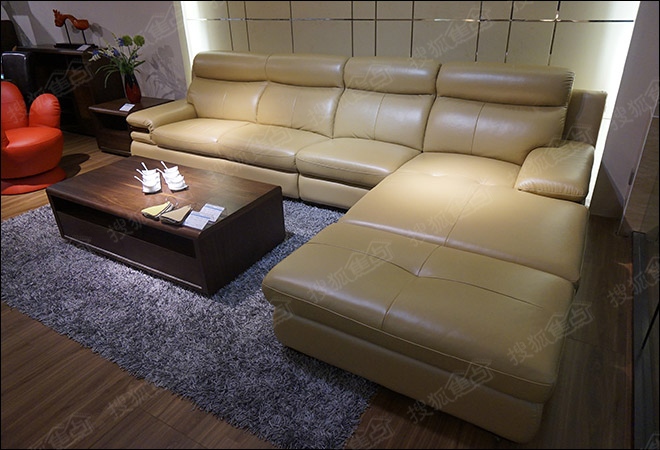As more and more 90s-born individuals step into the realm of marriage, the trend of personalizing wedding spaces has become increasingly popular. The decoration of a wedding venue is no longer just about aesthetics—it's an essential part of the experience. In response, the furniture industry must evolve from traditional marketing strategies to meet the unique preferences of this generation.
Driven by individuality, the post-90s generation is known for their strong sense of self-expression. This extends to their home decor, where they seek innovative and distinctive furniture that reflects their personality. For furniture brands targeting this demographic, product development should go beyond functionality and durability, focusing instead on design, aesthetics, and personalization.
In today’s digital age, online platforms have become powerful tools for reaching younger audiences. Traditional in-store marketing is no longer sufficient for the media-rich lifestyle of the 90s generation. These consumers are more inclined to shop online, making it crucial for furniture companies to adopt an integrated "O2O" (Online to Offline) model. Additionally, leveraging social media platforms like Weibo, WeChat, and even short-form videos can help build brand awareness and connect with young customers on a more personal level.

In terms of sales strategy, the post-90s generation values autonomy and hands-on experiences. Therefore, furniture companies should shift from “narrative-based†marketing to “experience-driven†approaches. A great example is IKEA, which offers interactive home-style showrooms where customers can explore and choose products on their own. This self-directed shopping experience has resonated well with young consumers, turning the concept of autonomy into a powerful form of advertising.
Instead of relying on aggressive sales tactics, modern furniture brands should focus on letting customers feel the quality of their products through real-life experiences. This approach not only builds trust but also fosters long-term loyalty.
As society continues to evolve, so do consumer habits. To stay relevant, furniture companies must continuously adapt their marketing strategies while maintaining high-quality standards. Only by embracing change and understanding the needs of the new generation can they avoid being left behind in this fast-paced market.
Training table,High Quality Training table,Training table Details, CN
Queen Furniture Co., Ltd. , https://www.queenfurnitures.com